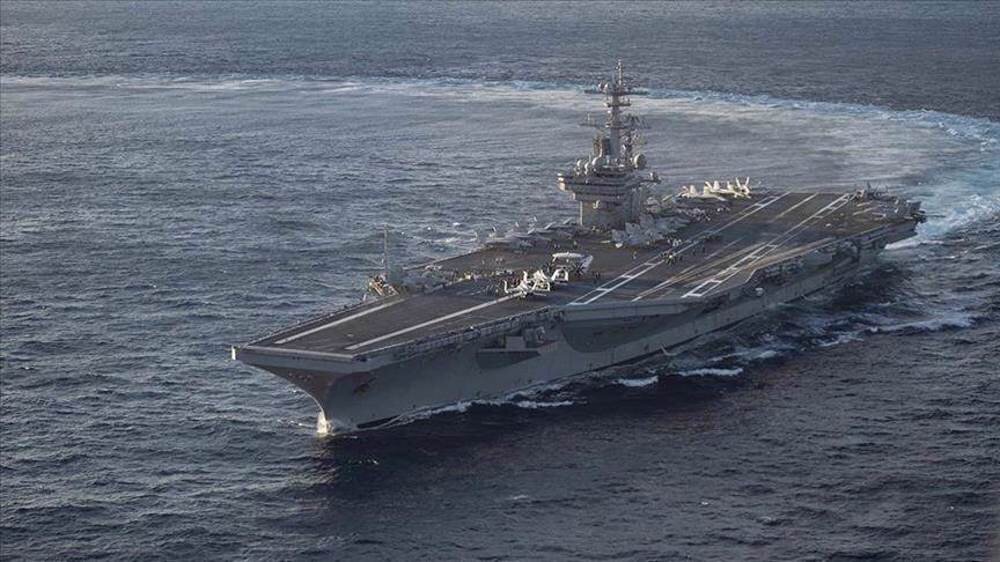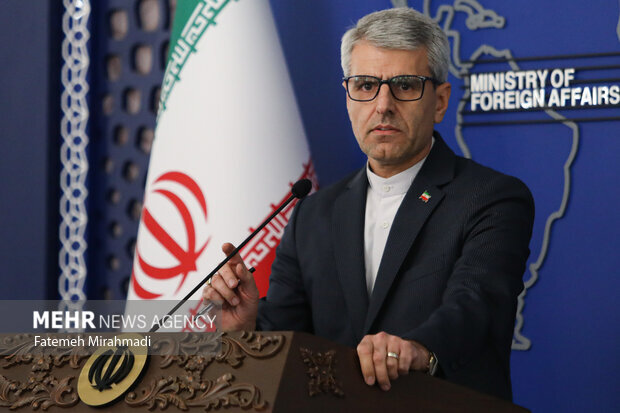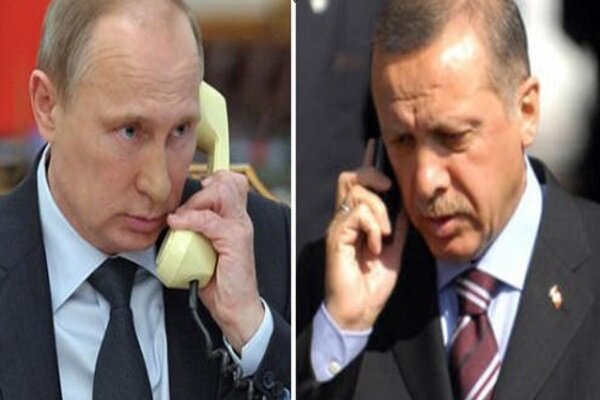Yemen Targets US Aircraft Carrier in Retaliation for Deadly Strikes
The recent military operations by the Yemeni Armed Forces highlight the ongoing tensions in the region. These actions were launched in response to the USS Harry S. Truman aircraft carrier and its escorts, marking a significant escalation in the conflict. This article delves into the details of the strikes and their implications for regional stability.
On Monday, Yemeni military spokesman Brigadier General Yahya Saree announced that the Yemeni naval and air force units executed two separate retaliatory operations. The targets included the USS Harry S. Truman and a key position within the Israeli-occupied territories. The operations were initiated after a series of aggressive air raids by the U.S. on Yemeni soil, particularly focusing on:
- The capital city of Sana’a
- A migrant detention center in Sa’ada
Saree reported that Yemeni forces utilized a combination of homegrown cruise and ballistic missiles and combat drones to carry out these attacks. The strikes successfully compelled the USS Harry S. Truman and its accompanying vessels to retreat northward, showcasing the capabilities of the Yemeni military.
Furthermore, the Yemeni Armed Forces are committed to continuing their operations against U.S. Navy vessels and any hostile warships operating in the Red and Arabian Seas. Saree emphasized that this ongoing campaign will persist unless there is a cessation of aggression against Yemen. This determination reflects the broader dynamics of the conflict, where Yemeni forces see themselves as defenders of their sovereignty.
In addition to targeting the American naval presence, Yemeni drone units executed a strike on a strategic site in Ashkelon, located in southern Israel. This operation utilized a domestically-developed Yaffa unmanned aerial vehicle, highlighting Yemen’s advancements in drone technology.
The military spokesperson underlined the importance of these actions in solidarity with the Palestinians, particularly in light of the escalating conflict in the Gaza Strip. He stated, “We will continue to prevent the navigation of Israeli-affiliated vessels in the Red and Arabian Seas, and confront the U.S. aggression. We will keep on support for our steadfast brethren in the Gaza Strip until the ongoing onslaught against them stops and the tight siege is completely lifted.”
This statement reflects the Yemeni Armed Forces’ intention to stand firm against what they perceive as external aggression and a commitment to support their Palestinian allies amidst the humanitarian crisis in Gaza. The ongoing conflict has prompted Yemen to take a more aggressive stance, including:
- Targeting Israeli interests in the region
- Conducting strikes against U.S. and UK military assets
- Implementing a strategic blockade on maritime routes
As the situation in Gaza intensifies, the Yemeni forces have enacted measures aimed at disrupting military supply lines to Israel. This blockade is part of their broader strategy to draw international attention to the humanitarian emergency unfolding in Gaza.
The Yemeni Armed Forces have made it clear that their operations will continue until Israel halts its military offensives, both on the ground and in the air. This stance reflects a growing trend among regional actors to respond decisively to perceived injustices and aggressions.
In conclusion, the recent actions by the Yemeni Armed Forces signify a critical juncture in the ongoing conflicts involving Yemen, the U.S., Israel, and the broader region. The military’s determination to retaliate against foreign forces and support Palestinian rights highlights the complex interplay of military strategy, regional politics, and humanitarian concerns. As tensions remain high, the international community faces increasing pressure to address the escalating humanitarian crisis and seek a resolution to the conflicts in the region.
For further updates on this evolving situation and its implications for regional stability, stay tuned to reliable news sources.
(Source: Press TV)






